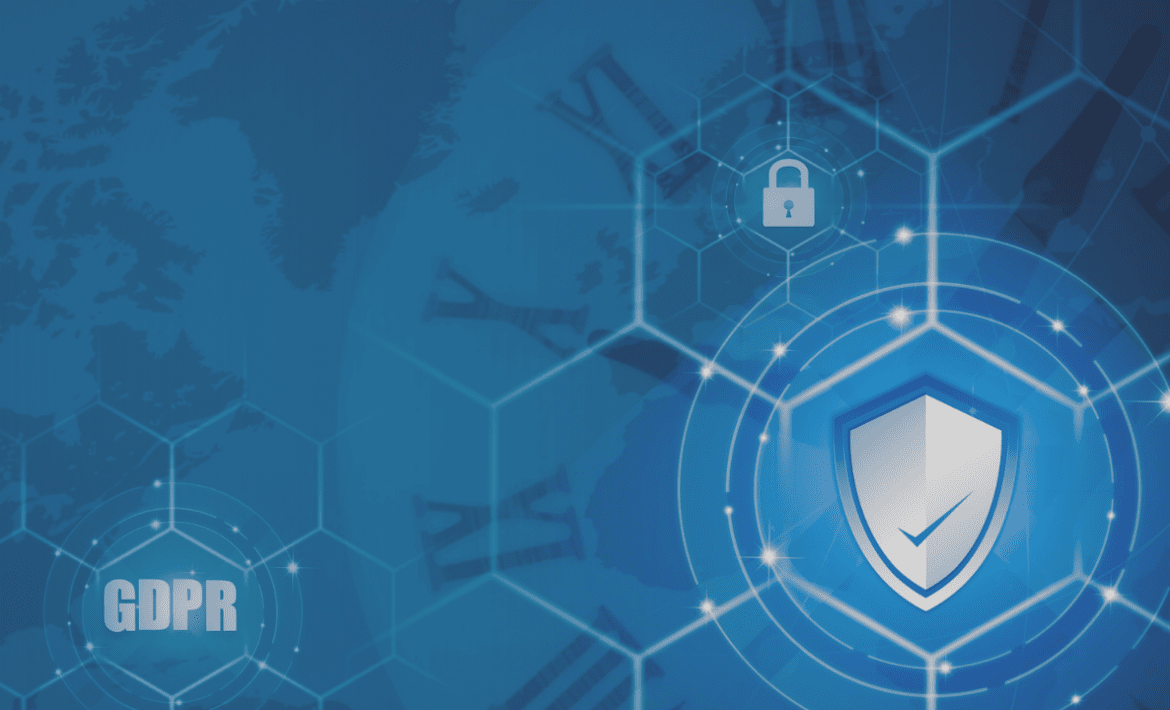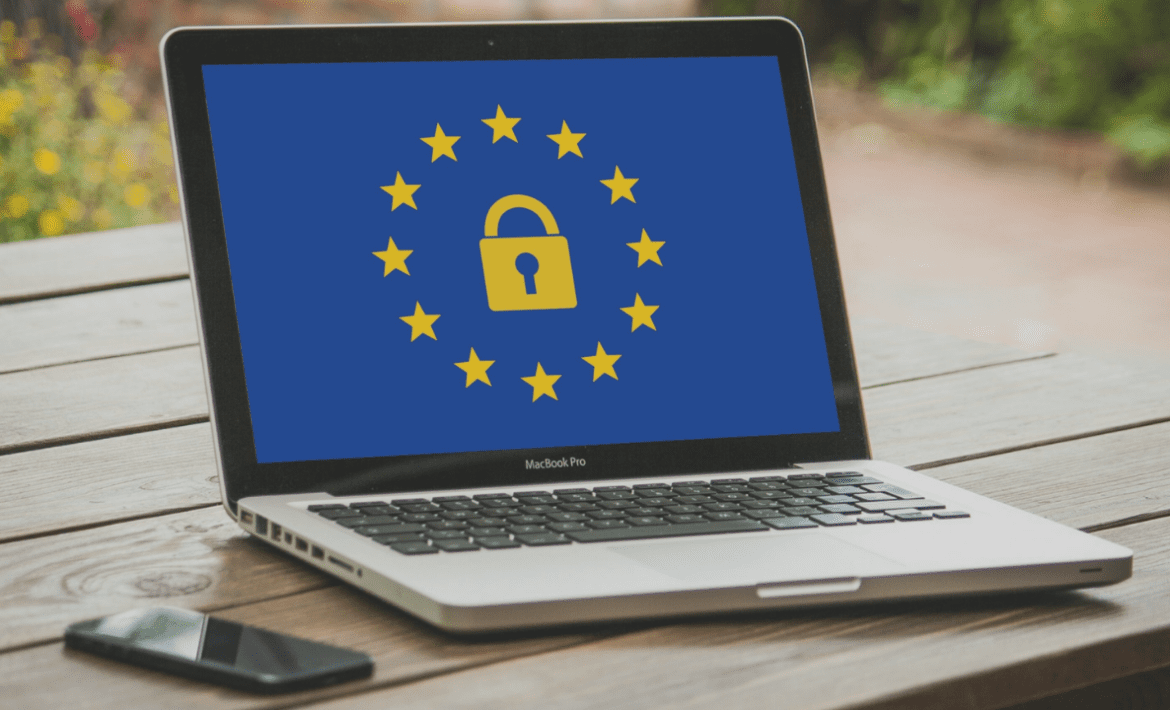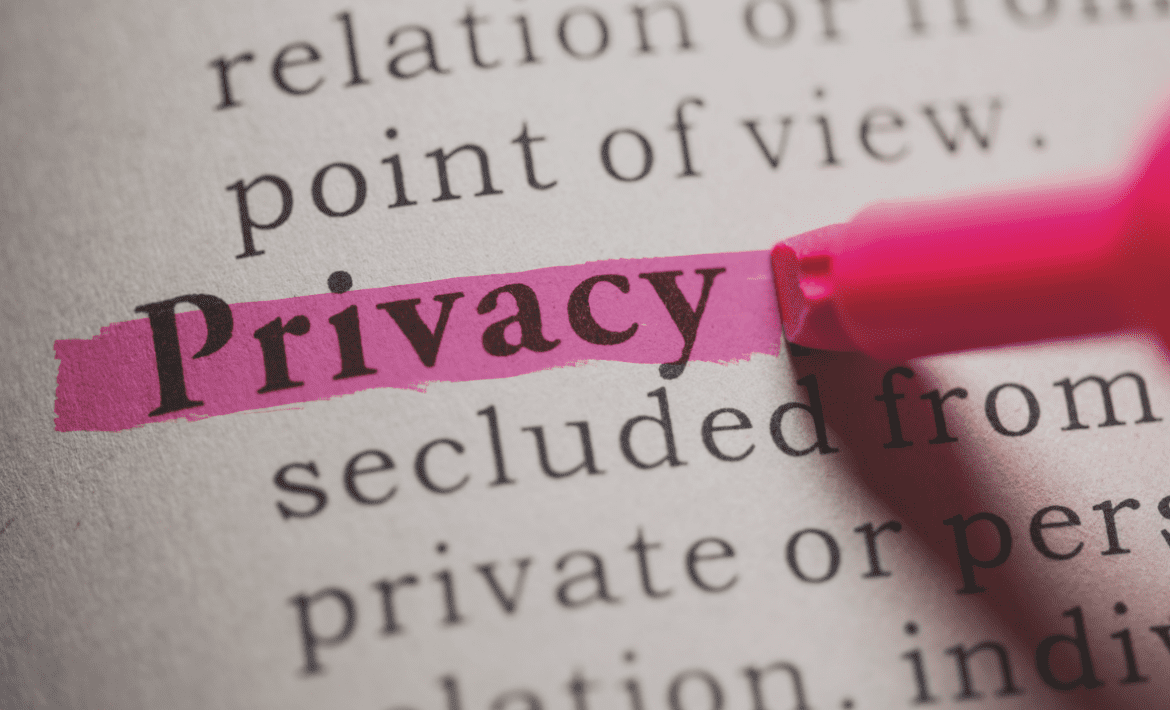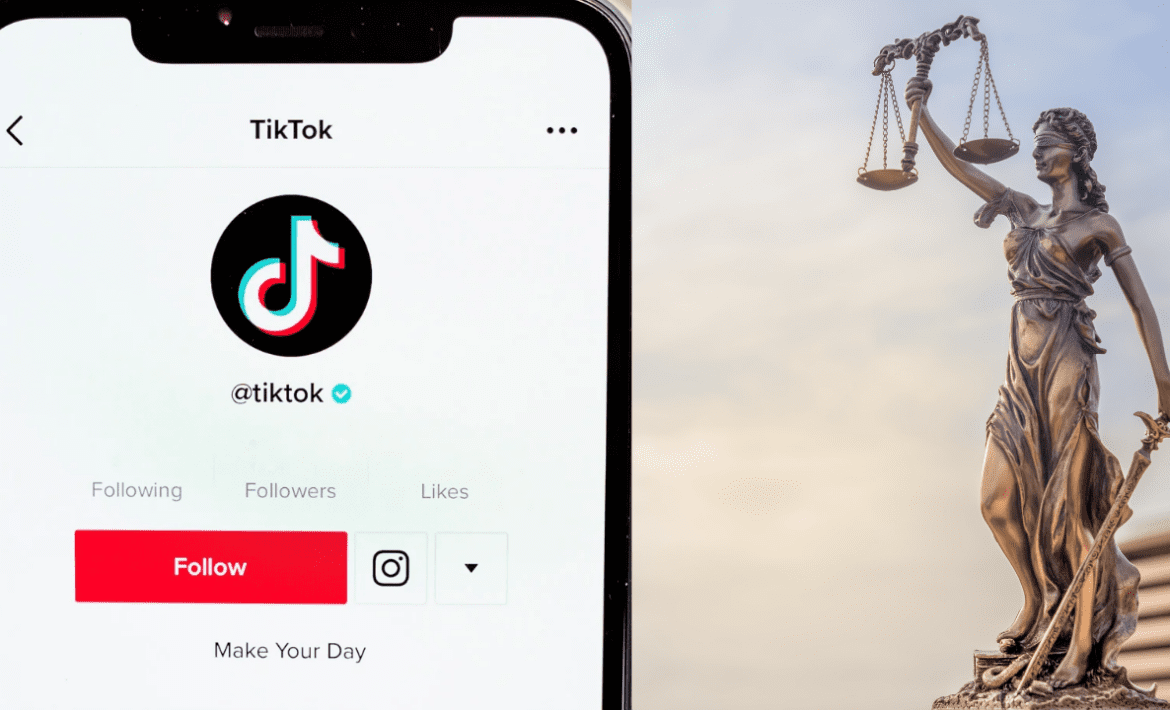Tips for game designers from the ICO on Children’s code compliance
The ICO has published tips for game designers on how to comply with the children’s code. In the UK, the Children’s code governs all online services that are likely to be accessed by children. This code was put in place to protect the UK’s minor population within the digital world. As games are one















